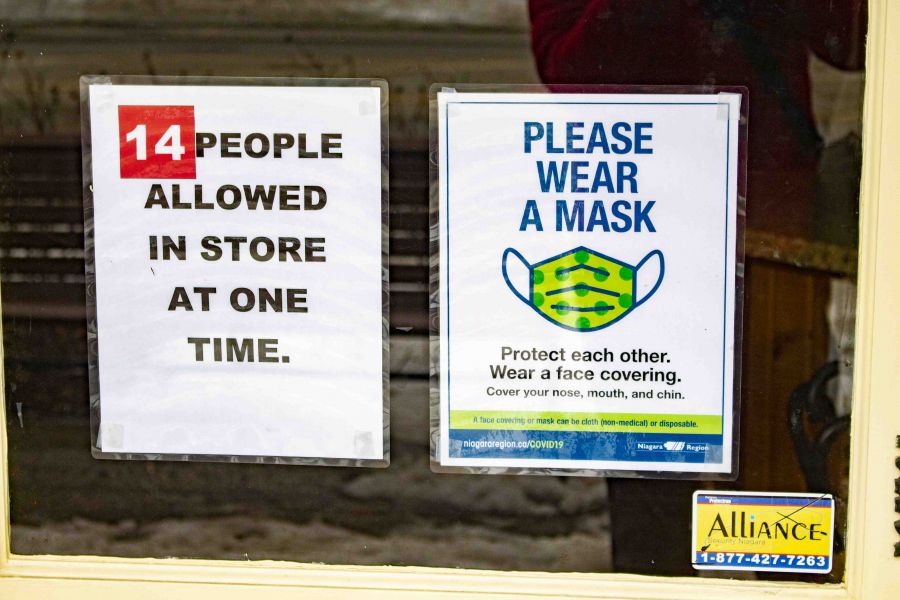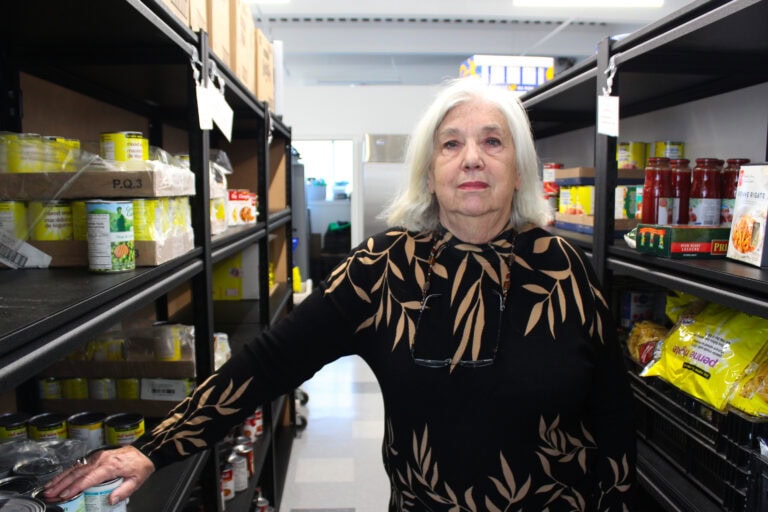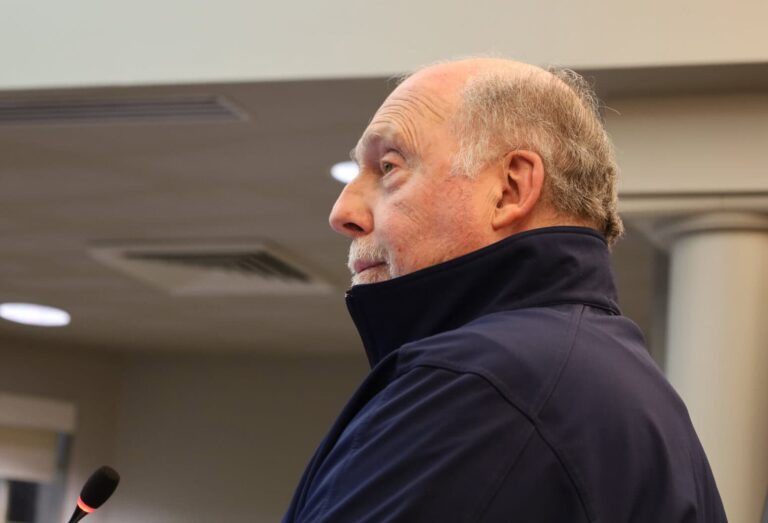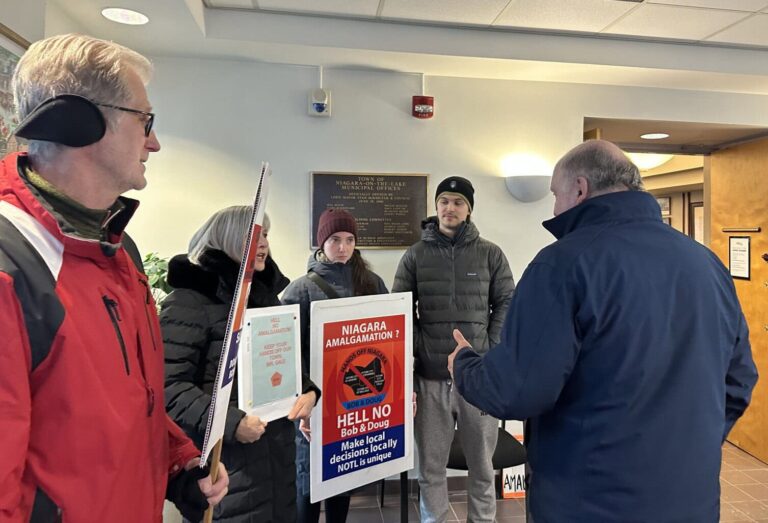Although localized health measures are always on the table, Niagara’s acting medical officer of health says they will be ineffective if the rest of the province does not follow suit.
“We’re going to see the infections being brought in from other regions here, anyway,” Dr. Mustafa Hirji said during a COVID-19 media briefing on Monday.
“We probably won’t be able to control COVID-19 with just local measures. We would need some broad regional measures and provincial measures to control COVID-19.”
But that doesn’t mean targeted measures in areas where COVID statistics are worsening will not be considered.
“We will definitely look at what makes sense to do locally and active places where we think it makes sense locally,” Hirji said.
Hirji says there is no doubt that loosening restrictions will mean an increase in infections and hospitalizations due to COVID-19.
“It’s pretty much a foregone conclusion that we’re going to see increases in infections and cases. I think everybody would accept that that’s going to happen when you reopen,” he said.
Hirji said he believes the province is moving ahead with this in mind.
“What I think they are hoping is that with the increase of infections we’re not necessarily going to see an unsustainable increase in hospitalizations,” he said.
But the data doesn’t back up that optimism.
“I haven’t seen any hard numbers, any hard modelling that would really give me confidence that’s what is actually going to play out,” he said.
“The best modelling we had from the science table is that we would flatten out at a relatively high number of hospitalizations over time.”
Plateauing at a high level means any increase will be more egregious than if restrictions had stayed in place until numbers were down.
“We could potentially go into maybe the fall where we still have a high number of hospitalizations, the weather cools, infections start to spread more and then we start to see a really bad increase in hospitalizations,” he said.
“That makes me concerned that we are going to continue to see significant numbers of people hospitalized, significant numbers of people sadly passing away from COVID-19 as we go forward.”
Hirji said he is worried “our hospitals are not going to get relief. They are going to remain stressed.”
But he emphasized the only way to know what is going to happen is to wait and see and that everyone should be getting vaccinated.
“The one thing that I think we can do to avoid (increased deaths and infections) is to, of course, get vaccinated,” he said.
During his update, Hirji spoke about the authority provided to local health units by the province of Ontario to add extra restrictions in their region.
In recent weeks, he came under fire from some Niagara residents and even the province's acting medical officer of health, Dr. Kieran Moore, for the specific restrictions he had placed on Niagara businesses.
Hirji emphasized that, not long ago, Moore had issued a statement of support for the same restrictions.
“You may remember in our media release on Dec. 2 we had this quote in it, which is by Dr. Kieran Moore, who was supportive of us taking additional local actions,” Hirji said.
“Because localized actions are part of the province’s plan and we were acting directly in alignment with them about putting local measures in place.”
Hirji said during the summer of 2020 the province's chief medical officer actually encouraged regional medical officers to use localized restrictions.
Localized restrictions were put in place in dozens of Ontario regions throughout the pandemic, he said.
“I think there’s a narrative sometimes that it’s unusual that we’re having local orders in place in Niagara and it is absolutely not unusual but is very much the norm and we have been the same as every other local public agency.”
Hirji said in October the province emphasized new surges going forward should be addressed by local health authorities unless alarming provincewide trends demanded a more comprehensive response.











